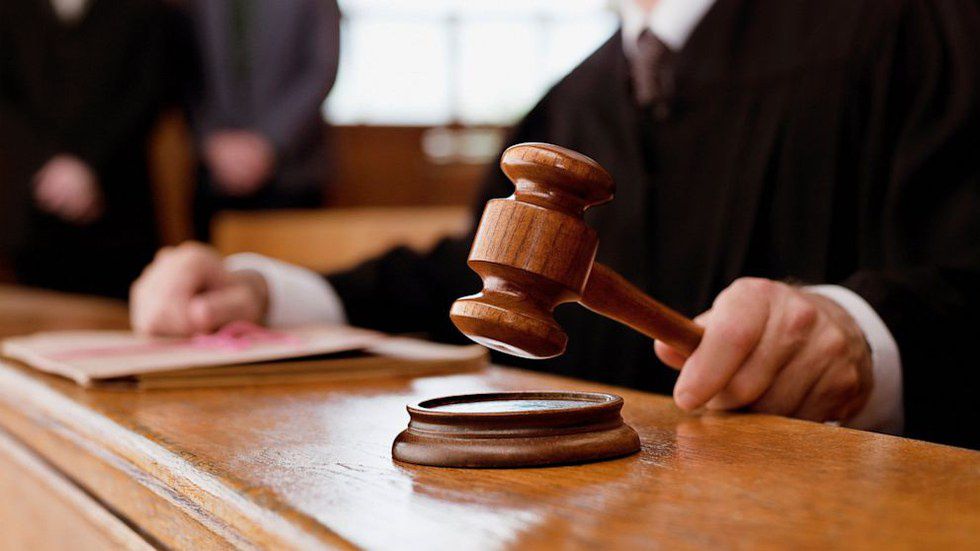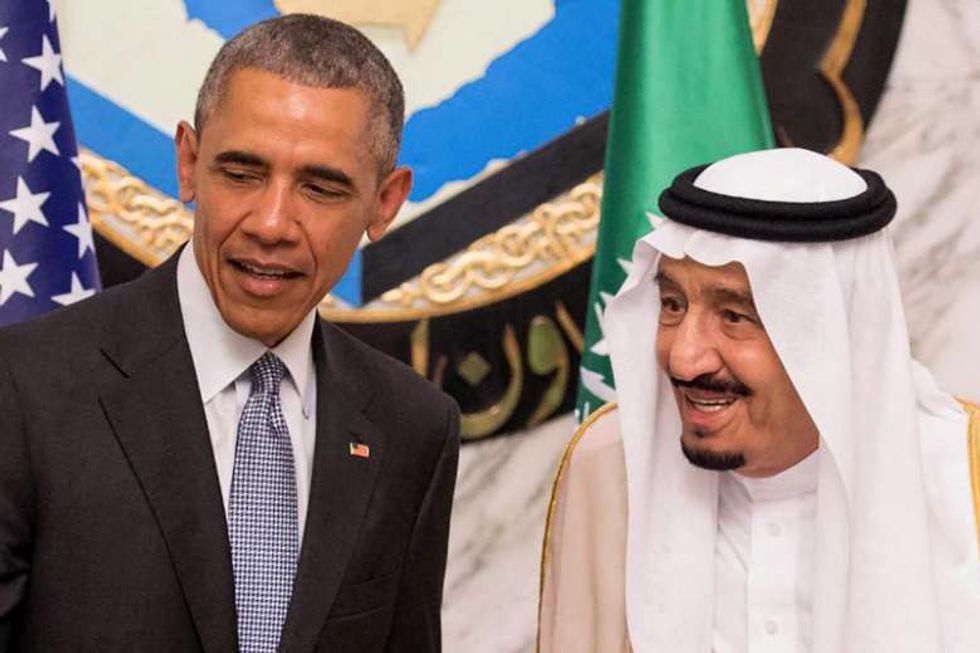On Wednesday, September 28th, 2016, Congress voted overwhelmingly (97-1 in the Senate and 348-77 in the House) to override President Obama's veto on the Justice Against Sponsors of Terrorism Act (JASTA), a bill that would allow families of victims of the 9/11 terror attacks to sue Saudi Arabia for any role they played in the plot. The Saudi government fiercely denies any involvement in the terror attacks, and the commission investigating the terror plot found, "No evidence that the Saudi government as an institution or senior Saudi officials officially funded Al Queda, the terrorist group responsible for the attacks." However, the commission left open the possibility that some Saudi officials may have played roles in the planning. The bill would allow courts to waive claims to foreign sovereign immunity in situations that involve terrorism on US soil. The legal jargon surrounding the decision can make it almost impossible to understand, so here's a list of the top five things you need to know.
1. This is the first time that Congress has overridden a veto during Obama's presidency.
This veto is Obama's twelfth veto during his presidency, yet Congress has never voted to override one of these decisions during his nearly eight years of presidency.
2. The Saudis have threatened a response.
The Saudis have threatened to dump hundreds of thousands of dollars of US assets in response to JASTA. They are also reportedly assembling an army of lobbyists to furiously attempt to derail the bill at the last-minute.
3. Obama warns that this law could lead to legal trouble for the US.
According to a White House statement, this law could cause other countries to retaliate against the US, stripping the country of it's immunity that it relies on to prevent foreign courts from second-guessing our counter-terrorism techniques and other actions taken every day. For example, according to John Bolton (former ambassador to the UN) and Michael Mukasey (former US Attorney), “An errant drone strike that kills non-combatants in Afghanistan could easily trigger lawsuits demanding that U.S. military or intelligence personnel be hauled into foreign courts.”


























